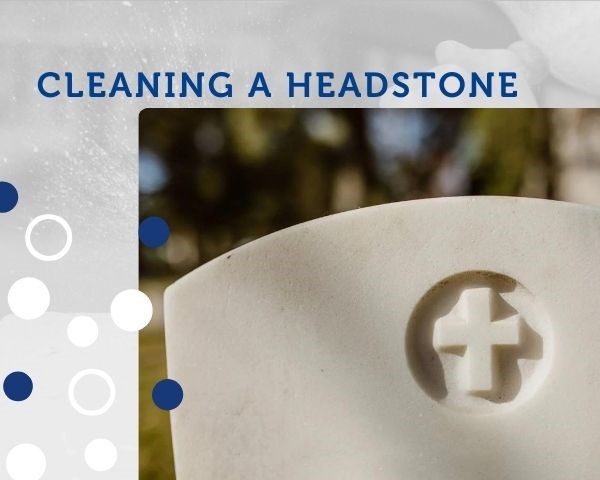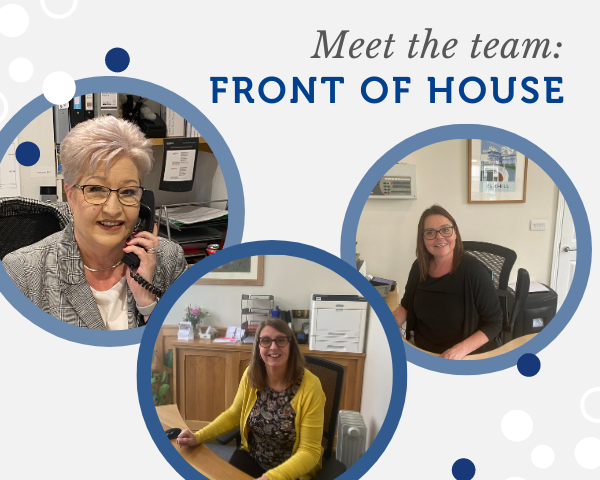Choosing the right music at funerals
Our thanks to Miss Valerie Gibbs for the following article on the importance of music at funerals:
Music at Funerals and Memorial Services. Church & Crematoria.
Written by Valerie Gibbs, B A Hons, B Ed Hons, M Coll P, Dip Mus - organist and professional musician.
Music is important to most people whatever their personal taste. Music at a funeral or memorial service can be particularly special and important as it can help to express a variety of emotions that go beyond words. Perhaps for this reason the choice of music can make or break a ceremony.
Few funeral/memorial services take place without any music at all, even if it’s only before and after a service. Often the choice of music for a funeral is the area or personal choice that people feel most confident about, but this is not so in every case.
The deceased may have had a particular favourite song, hymn or piece of music that meant something special, perhaps from years ago. Sometimes a hymn is chosen that the deceased had at their wedding, or some other special service. I would suggest that, unless a piece of music is terribly unsuitable (very rude words for instance!) there is no reason why it could not be played at the beginning or end of a service, or even during the service subject to the agreement of the person officiating.
Music that is 'live', i.e. not recorded, is more flexible and can 'fade in' or out as appropriate. To a certain extent that can be done with recorded music and some items such as some of the more modern pieces; Heavy Metal for instance certainly would not come off with just an organ playing it. Having said that, it is surprising just how much music written for other instruments can sound very effective played on the organ.
Music in a non-religious service still has a vital role. Sometimes the relatives of the deceased may require that a hymn be sung, or they may wish to sing or listen to some secular songs or folk songs. A solo singer, male or female, can bring a lovely touch to any ceremony. Sometimes a bagpipe player may be required or a trumpeter. All these features can bring a very individual feel to a funeral. The funeral director can arrange any one of these for you as well as arranging for an organist to be present at the service.
When it comes to singing, whether secular or hymn singing, an organist to accompany the congregation is ESSENTIAL. Singing to a recording is well nigh impossible and doubly so in an emotional setting such as a funeral. The congregation just does not know when to start or when the play-over (the introduction to the hymn) is over or not; the whole episode is uncertain. People lose their faltering confidence to sing and the general result is that it would have been better not to attempt it in the first place. It is recommended that the hymn(s) chosen will be well known to the congregation. However, an experienced organist can make all the difference to the confidence the congregation feels in having a 'go' at singing. Provided the hymn(s) chosen are reasonably well known, good or at least reasonable singing at a funeral service can make the whole experience a memorable event. There will be a feeling that the congregation's participation has been meaningful and that they have been really involved in celebrating the life of the deceased.
There is nothing worse than looking back on the funeral of a loved one and wishing that some added element - like a soloist or organist - would have enhanced the whole occasion. Wishing that the congregation had contributed to the celebration rather than merely being spectators. Certainly it will add a little to the cost of the service, but the organist's or the soloist's fee is not very much extra compared to say, the cost of flowers, obituaries in the newspapers or even several extra limousines in the funeral cortege.




